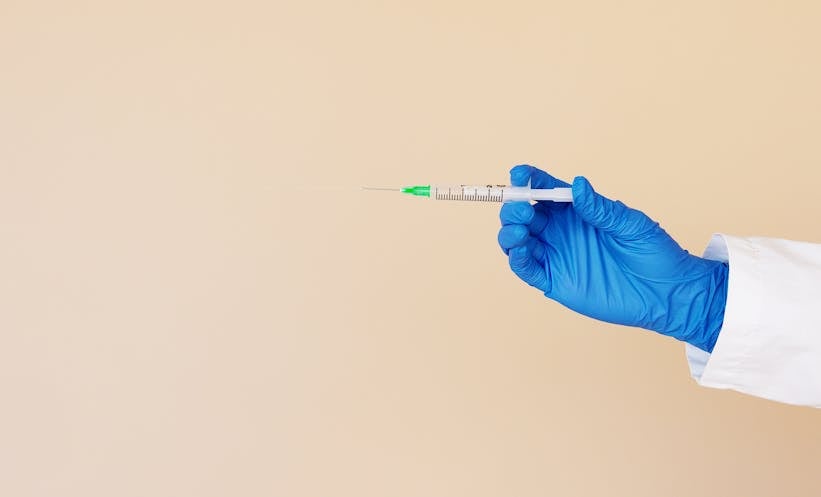KETAMINE may be used as an effective treatment for refractory status epilepticus (RSE) and super-RSE (SRSE) that does not respond to usual treatments, according to recent research. Status epilepticus is defined as a seizure lasting for a longer time than normal seizures, or when an individual suffers multiple seizures without breaks in between. This latest research provides a valuable insight into treating status epilepticus.
The retrospective study, carried out by Manuel García-Ruiz, Hospital Universitario Clínico San Carlos, Madrid, Spain, and team, included analysing data from 58 patients, with a mean age of 60.2 years (70.7% male [n=41]), from 2017–2023. Ketamine was used as an anaesthetic on these patients after an average of 37 hours of status epilepticus. A total of 31 patients died during hospitalisation.
In total, 56.9% (n=33) of patients responded to ketamine without reoccurrence, with a low rate of adverse effects (8.6%). The team additionally found that the presence of SRSE at the time of ketamine initiation (odds ratio: 0.287; p=0.028) and the time elapsed between status epilepticus onset and ketamine administration (odds ratio: 0.991; p=0.034) were associated with worse response to ketamine. Those treated without mechanical ventilation showed similar rates of response without reoccurrence (62.5% versus 56.9%), as well as lower mortality (37.5% versus 53.5%), compared to the overall group.
The researchers concluded that ketamine is an effective drug for patients with RSE or SRSE. This provides a promising new treatment, provided that prompt administration is considered in patients with RSE requiring anaesthesia, in patients with SRSE, in patients with RSE who do not respond to the usual antiseizure drugs, and in cases where mechanical ventilation is not advised. The team added, however, that “clinicians should continue to be cautious when using ketamine, as it is a potent drug with numerous reported adverse effects.”








